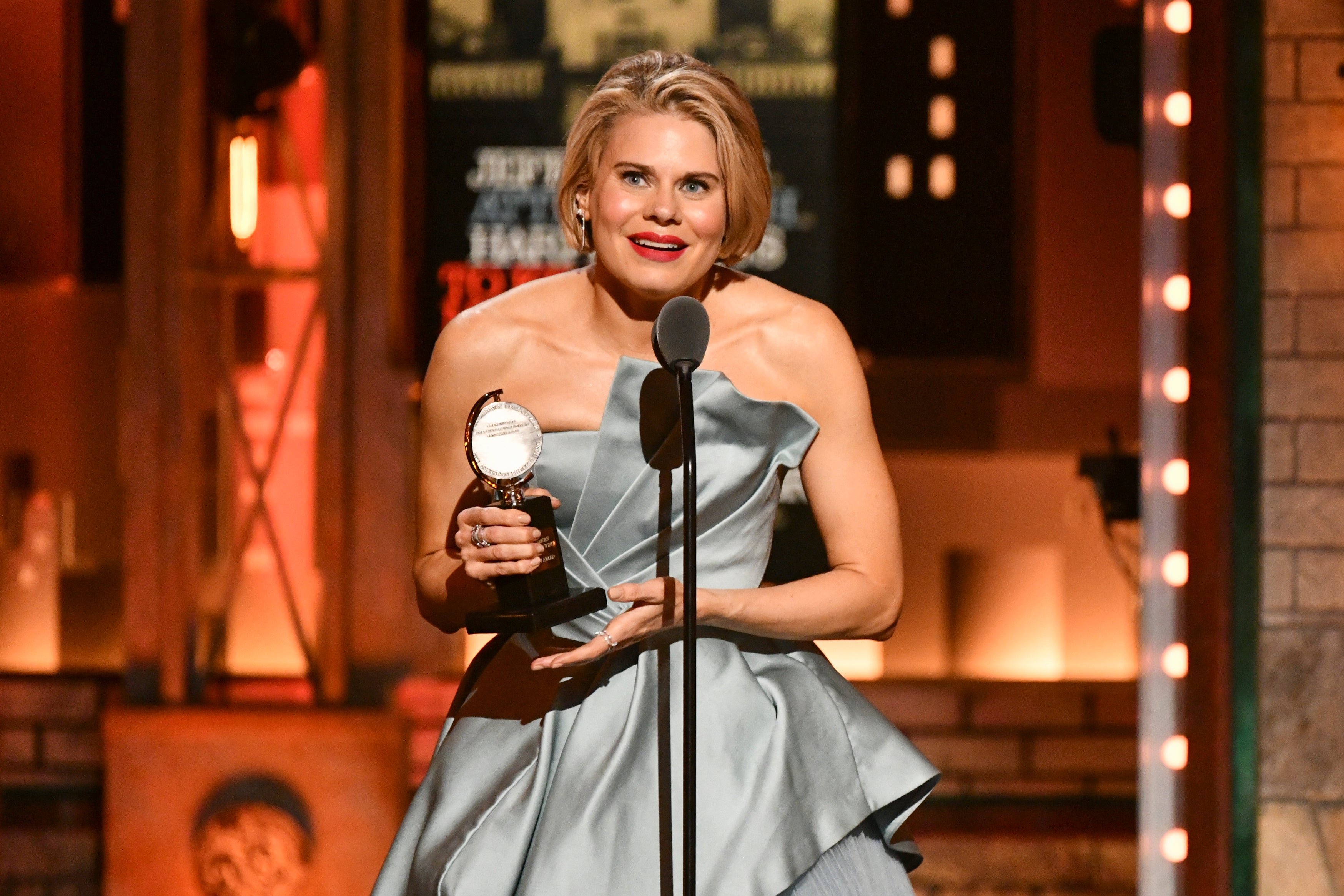Original stars joining Broadway's 'To Kill a Mockingbird'
Fans of the Broadway adaptation of “To Kill a Mockingbird” will get a treat when the show restarts this fall — Jeff Daniels and Celia Keenan-Bolger, two of the play’s original stars

Your support helps us to tell the story
From reproductive rights to climate change to Big Tech, The Independent is on the ground when the story is developing. Whether it's investigating the financials of Elon Musk's pro-Trump PAC or producing our latest documentary, 'The A Word', which shines a light on the American women fighting for reproductive rights, we know how important it is to parse out the facts from the messaging.
At such a critical moment in US history, we need reporters on the ground. Your donation allows us to keep sending journalists to speak to both sides of the story.
The Independent is trusted by Americans across the entire political spectrum. And unlike many other quality news outlets, we choose not to lock Americans out of our reporting and analysis with paywalls. We believe quality journalism should be available to everyone, paid for by those who can afford it.
Your support makes all the difference.Fans of the Broadway adaptation of “To Kill a Mockingbird” will get a treat when the show restarts on this fall — Jeff Daniels and Celia Keenan-Bolger, two of the play's original stars, are returning.
Producers said Thursday that Daniels and Keenan-Bolger will play Atticus Finch and his daughter, Scout, on Oct. 5 when the show remerges more than a year after the pandemic shuttered Broadway and made the play’s themes even more vital.
Keenan-Bolger, who won a Tony Award in the show, tells The Associated Press the play's exploration of ingrained racism in the 1930s is especially relevant since the killing of George Floyd a Black man who died under the knee of a white Minneapolis police officer.
“I think since I last performed the play, the story of our country has changed. And what a beautiful gift to be a part of something that is interested in continuing to go back and investigate the story of who are as a country and the story that we choose to believe about ourselves and the story that we need to change for ourselves,” she said.
“I just think it feels like such an opportunity to not only revisit the play, but to revisit the themes that the play and the book we’re trying to examine in the first place.”
“To Kill a Mockingbird” by Harper Lee won a Pulitzer Prize in 1961 and has been widely praised as a sensitive portrait of racial tension in 1930s Alabama. At its core is Atticus Finch, a lawyer called upon to defend a Black man falsely accused of raping a white woman.
Lee’s iconic book has been adapted for the stage by Aaron Sorkin, who won an Academy Award and a Golden Globe Award for his screenplay for “The Social Network.” The play is directed by Bartlett Sher.
Keenan-Bolger said she wouldn't have entertained the notion of rejoining the show if disgraced producer Scott Rudin was still the lead producer.
During the pandemic shutdown of Broadway, the Hollywood Reporter exposed a decades-long history of Rudin’s physical and mental abuse toward his staff. In response, Rudin said he would step back from his theater work, saying he was “profoundly sorry.”
“It was enormously important to me that Scott Rudin be no part of the production, either behind the scenes or financially,” said Keenan-Bolger. “I don’t think I would have been able to join the production again if he was so attached.”
She said she found new lead producer Orin Wolf to be receptive to making sure cast and crew felt comfortable returning. Broadway is in the middle of a discussion about who gets opportunities and how the system works inequitably.
“We have a lot of work to make Broadway a better place for everyone. And there are going to be a lot of different approaches in that work. Some people are going to say, ‘I need to tap out and wait for it to get itself together and I can return when it feels safe,’” she said.
“I think my feeling is that I will engage with it and I will try to make a place as just and equitable and compassionate — that every theater project that I am a part of, I am dedicated to making those spaces as just and equitable and compassionate and anti-racist as they can be.”
___
Mark Kennedy is on Twitter as KennedyTwits